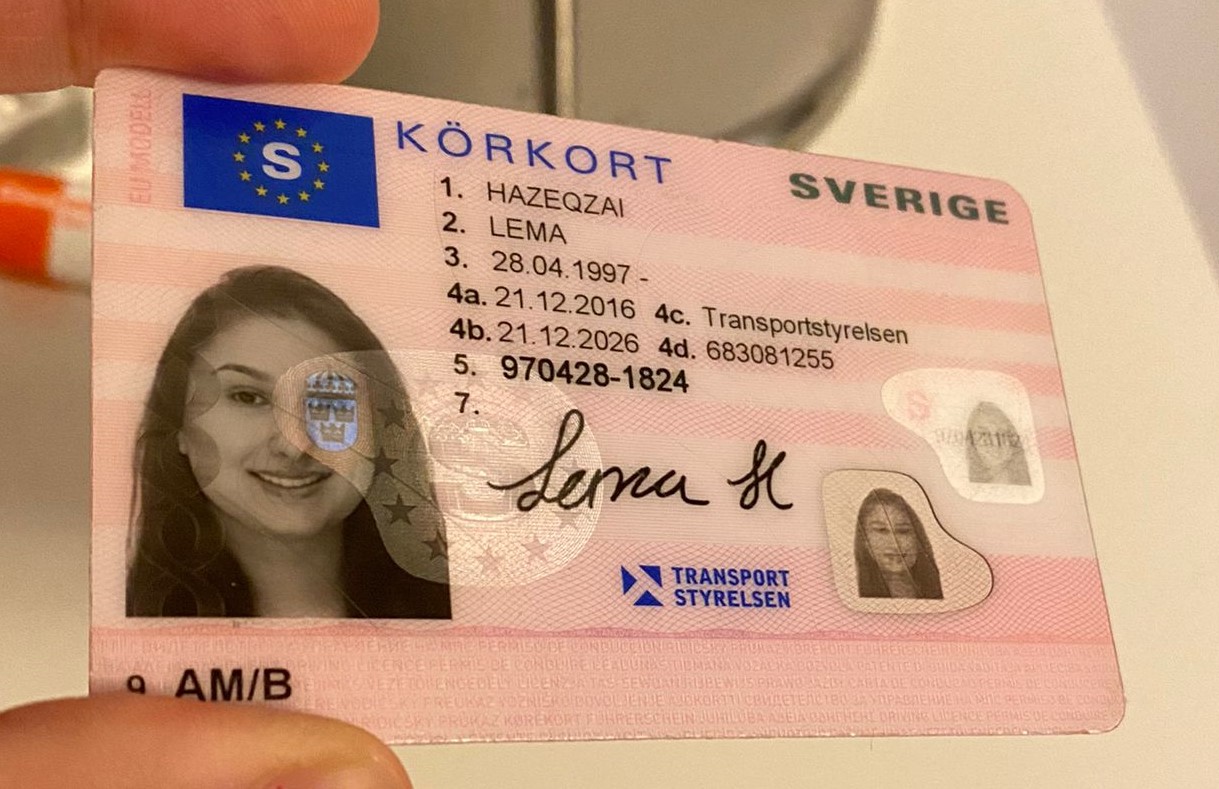The Process of Buying a Driving License: Understanding the Risks and Legalities
In an age of digital benefit, the desire for a driving license has actually encountered darker opportunities. The act of buying a driving license, though tempting for some, raises many ethical and legal concerns. This article aims to notify readers about the risks associated with purchasing a driving license, the legal implications, and the value of obtaining one through the correct channels.

Tabulation
- Introduction
- Understanding Driving Licenses
- The Allure of Buying a Driving License
- Risks and Consequences
- Legal Pathways to Obtaining a Driving License
- Frequently Asked Questions
- Conclusion
1. Introduction
A driving license is more than simply a card; it is a critical document that signifies an individual's ability to run an automobile lawfully. While browsing life without a valid license might seem feasible, the appeal of obtaining one through simple methods often leads people down a treacherous path. This post discusses not just the legal avenues to acquire a driving license however also the dark reality of purchasing one illicitly.
2. Comprehending Driving Licenses
Driving licenses function as a legal consent approved by governmental authorities to enable individuals to operate lorries on public roadways. The requirements and formats vary across regions however usually include the following classifications:
- Learner's Permit: A provisionary license for novice motorists allowing practice under particular conditions.
- Complete (Regular) License: Granted after passing the driving test, it allows the private to drive separately.
- Specialized Licenses: Additional classifications for bikes, industrial lorries, and other specific types of automobiles.
3. The Allure of Buying a Driving License
Some people think about buying a driving license due to different elements such as:
- Urgency: A pushing need to drive for individual or professional reasons.
- Worry of Failure: Anxiety over passing the driving test.
- Time Constraints: A lack of time or resources to participate in traditional learning.
However, these motivations must be scrutinized against the potential threats of engaging in unlawful activities.
4. Dangers and Consequences
Purchasing a driving license presents several significant risks and potential consequences. These can be categorized into personal, legal, and social implications.
A. Personal Risks
- Safety Concerns: An individual without correct training might lack the required abilities to operate an automobile safely, threatening their life and others.
- Financial Loss: Often, those who try to buy licenses are scammed, resulting in monetary loss with no legal documents got.
B. Legal Consequences
- Wrongdoer Charges: Possession of a fraudulent license can result in major criminal charges, consisting of fines and possible imprisonment.
- Insurance coverage Issues: Driving without a valid license can void any automobile insurance plan, leaving people financially accountable for mishaps.
C. Social Repercussions
- Impact on Employment: Many occupations require a valid driving license. A rap sheet for driving without a license can restrain task chances.
- Credibility Damage: Buying a license shows badly on an individual's integrity, leading to a loss of trust among peers.
5. Legal Pathways to Obtaining a Driving License
Instead of catching the false allure of purchasing a license, individuals can pursue genuine courses that ensure they are properly prepared and lawfully certified.
Detailed Guide to Obtain a Driving License
- Understand Local Requirements: Research your regional Department of Motor Vehicles (DMV) or comparable authority for specific requirements.
- Complete Driver Education: Enroll in a motorist education program, which often includes classroom and in-car direction.
- Apply for köpa ett Körkort a Learner's Permit: Passing a composed test will approve a learner's permit, making it possible for monitored driving practice.
- Practice Driving: Accumulate the required hours of driving practice under the assistance of a certified supervisor.
- Arrange and Pass the Driving Test: Once comfy, book a consultation for the driving test and display your abilities.
- Receive Your Driving License: Upon passing, pay any associated fees and get your driving license.
6. Frequently Asked Questions
Q: Can I get arrested for utilizing a phony driving license?A: Yes, utilizing a fake or
deceptive driving license is a criminal offense and can result in jail. Q: What documents do I need to get a driving license?A: Generally, you will require proof of identity, residency, and often proof of completion of a chauffeur education course. Q: Is it possible to get a driving license without taking a driving test?A: Typically, no.

Many jurisdictions require people to pass both a written and practical driving exam to make sure competency. Q: Are there any exceptions for acquiring a driving license?A: Some jurisdictions may use exemptions for people with specific
impairments or those over a specific age, but these rules differ extensively. 7. Conclusion The desire to obtain a driving license is reasonable and typically necessary for personal or expert opportunities. However, the temptation to buy a driving license is stuffed with risks that can have long lasting effects. It is crucial to understand the legal requirements and follow the right procedures to ensure personal security and legal compliance. The path to legitimacy may take time, however it ultimately leads to empowerment, duty, and security on the road. By prioritizing sincere and ethical methods of getting a driving license, people not just support the law however also, significantly, add to a safer driving community.


